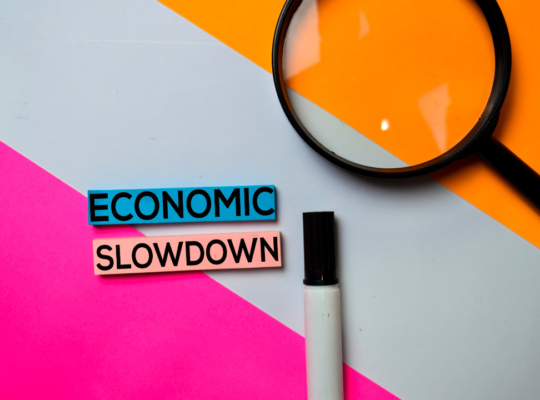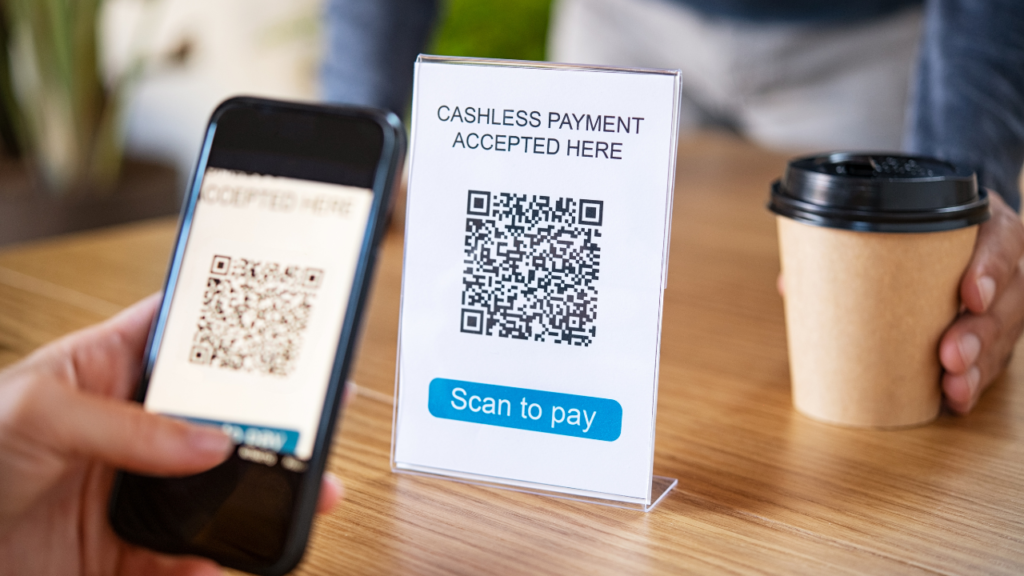
E-wallets, also known as digital wallets, have made our life much easier. Millions of Indians now use e-wallets to make payments and conduct online transactions. There are several e-wallets to select from, including Google Pay, Apple Pay, PhonePe, Dhani, MobiKwik, and others. E-wallets such as PayPal can also be used for overseas transactions.
Digital payment methods are generally welcomed by businesses and consumers since they allow us to pay in a matter of seconds and eliminate the inconvenience of dealing with cash. This popular way of transaction, however, is not without risk. As we all know, fraudsters are continuously looking for weak links in digital wallets and in other forms of digital payment. In order to keep the money in your e-wallet, connected bank accounts, and debit and credit cards secure, I have mentioned the seven security measures you can adopt while using e-wallets.
Seven Security measures while using e-wallets:
1. Do not click on fraudulent messages
If you give someone access to your phone data, they may simply obtain your bank information and transfer money. The ‘Request Money’ option in most of the e-wallets has been often used by scammers. Such requests are often sent with a message saying that you will get the monies in your bank account after entering the PIN. However, the money is debited from your account once you click the link in the message and enter your PIN. You should always remember that you do not need to enter the PIN to receive any money. Instead of just dismissing such fake messages or spam links, press the ‘reject’ button and, if applicable, report them.
2. Do not use same Passwords for multiple accounts
If someone discovers the password to one of your accounts, they will have access to all of your online accounts. At the very least, make sure you have distinct PINs and passwords for each payment account. It’s also a good idea to update the password or PIN for these digital payment applications and for your online banking apps on a regular basis.
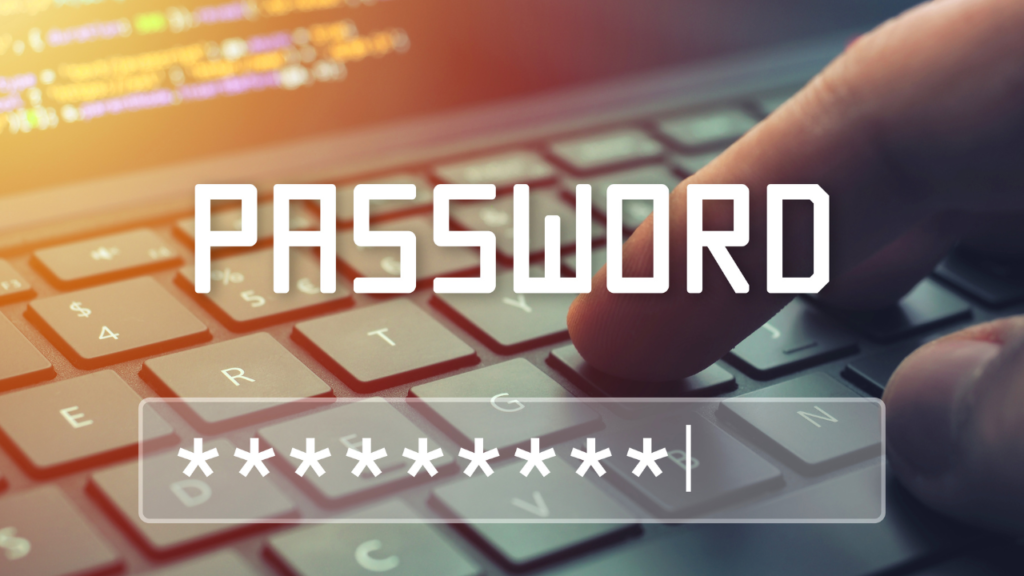
3. Log out your session after each usage
If you use e-wallets or banking apps in your phone, then you must always keep your phone locked while not in use. When your phone is secured and has a strong password, and even if it is stolen or lost, there is less likelihood of fraud by accessing your personal data. Also, it makes sense not to employ passwords or PINs that are readily guessed by scammers. Moreover, most users are unaware that every e-wallet has a ‘log-out’ option. To maintain utmost security, log out of your E-wallet account after each usage.
4. Use Trusted security apps
The App Store and Play Store both feature security apps that allow you to remotely find your lost smartphone and log out of all your accounts from the device. You should activate such apps ahead of time to prevent fraudsters from exploiting a lost or stolen device. But ensure in the first place that the security apps that you install are safe. The irony here is that there are security apps that are scammers and hence use security apps from authenticated providers.
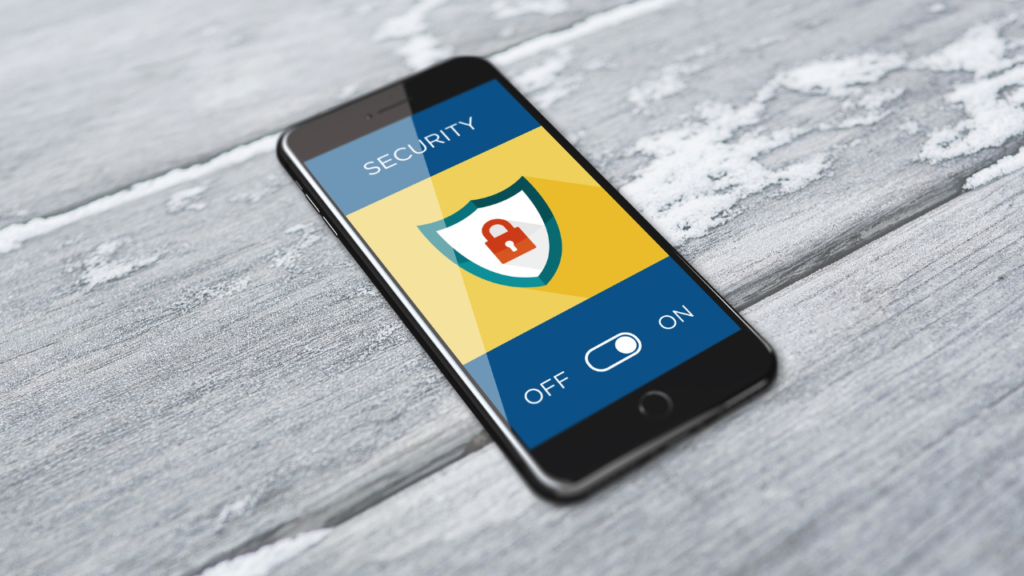
5. Avoid public Wi-Fi to access e-wallets
Avoid using Digital Wallets on public Wi-Fi or public computers in crowded places such as railway stations, airports, restaurants, cyber cafes, and so on. If you must use public Wi-Fi or computers, utilize a Virtual Private Network (VPN) for safe transactions.
6. Track your bank accounts on a regular basis:
It’s a good idea to regularly review your bank and credit card accounts to stay on top of your money. By doing this, you will be aware of any transactional irregularities or the existence of unauthorized transactions. If you learn that your account has been used fraudulently, you can report to the appropriate authority as soon as possible to ensure that right action is taken.
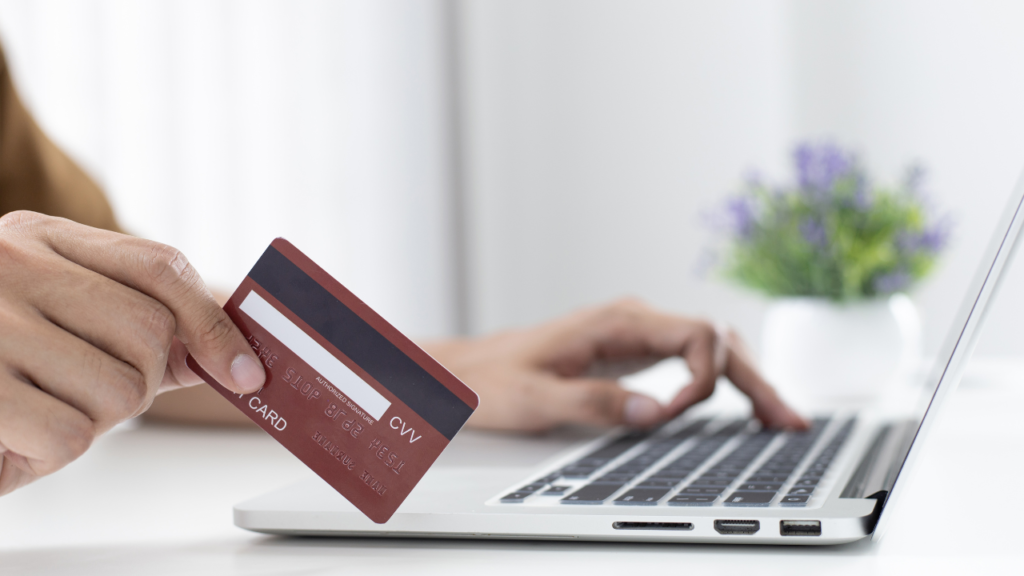
7. Be conscious of counterfeit e-wallet applications
Fraudsters build counterfeit e-wallet apps that resemble genuine programs. You must exercise extreme caution while installing the e-wallet application from the Play Store or App Store. False apps may take all of your personal information not just from the app but also from the device. Once the fraudsters get access to your sensitive information, they will be able to transfer the money from your account.
To summarize this blogpost, while genuine e-wallets take all required precautions to protect your personal and financial information, it is also our job to do our part. Following the above discussed easy and tested security precautions, you can keep yourself safe from e-wallet frauds.
Check out my other article on what to do if your online shopping habit is making you feel financially deprived.
Do follow me on Linkedin and Quora for more insightful posts related to personal finance, money management, investments, debt management, etc.
